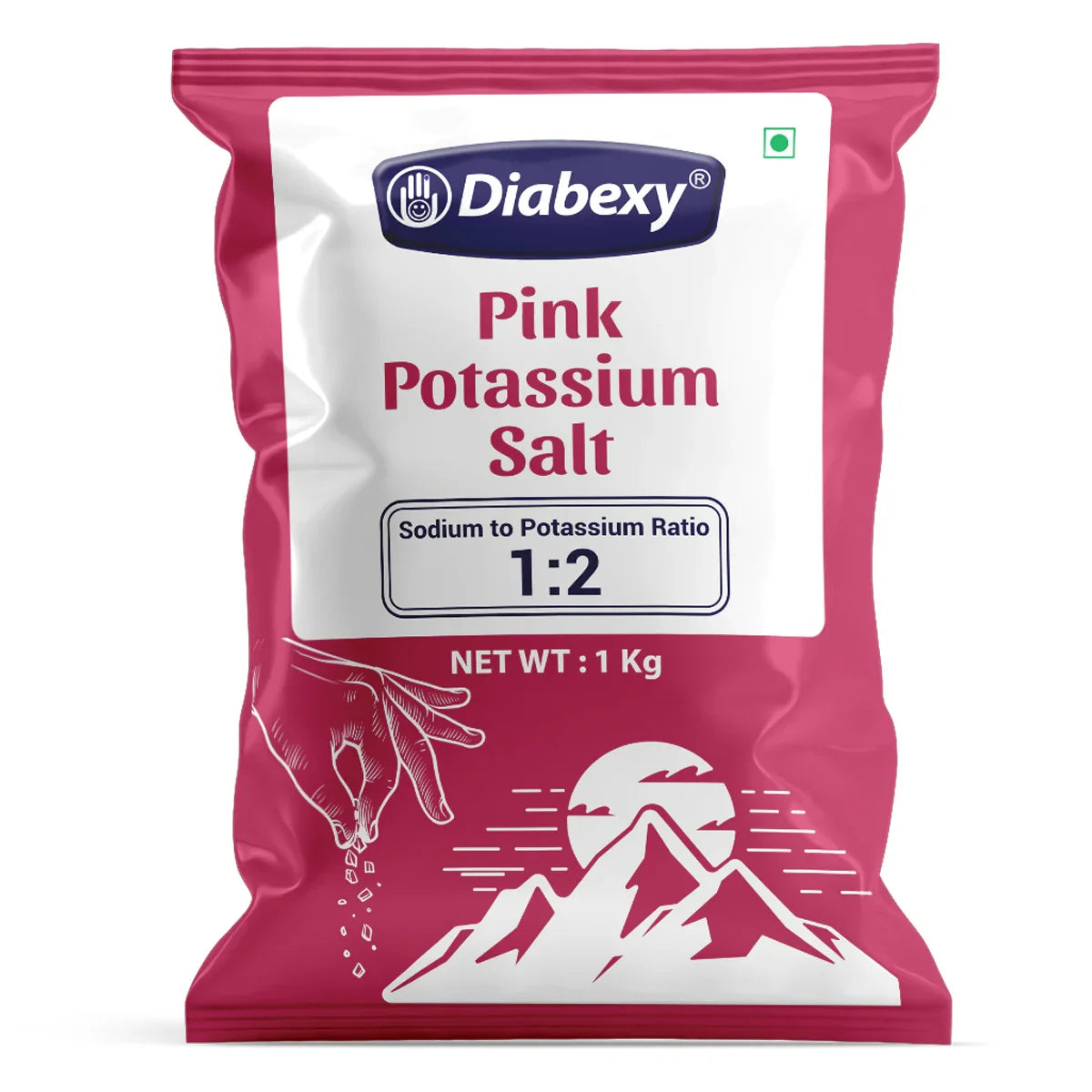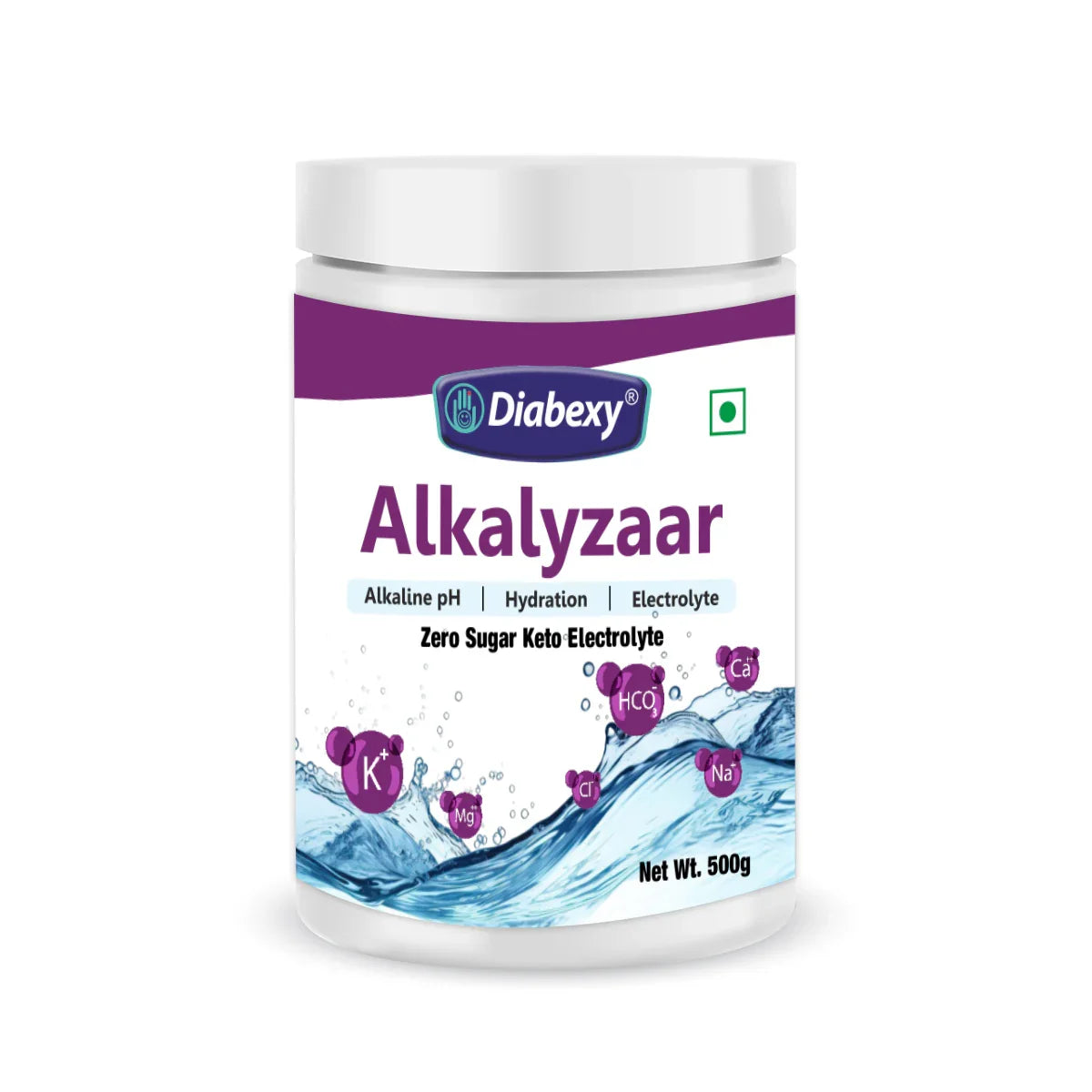 Water and Blood Pressure: The Missing Link Most People Ignore
Water and Blood Pressure: The Missing Link Most People Ignore
When people talk about blood pressure, the focus is usually on the heart, salt, or stress. But what if the real key to managing it is something much simpler—and far more overlooked?
That key is water. Yes, plain old water—and the minerals dissolved in it—might be one of the most powerful tools you have for stable, healthy blood pressure.
Let’s explore how something as basic as hydration could make a very real difference to your health.
Why Water Deserves More Respect in Health Conversations
Think of your body like a city: roads, systems, electricity, communication. Now imagine trying to run all of that with no water in the pipes.
That’s what happens in your body when you're not hydrated enough.
More than 65% of your body is made of water, and that water isn’t just there to fill space. It’s transporting nutrients, flushing out waste, cushioning your organs—and, yes, helping control your blood pressure.
The Role of Electrolytes: Small Minerals, Big Impact
Water is only part of the story. What really activates water in your body are electrolytes— minerals like sodium, potassium, calcium, and magnesium.
These tiny nutrients control how water moves in and out of your cells. They're the traffic signals of your internal world, telling water where to go, how much to stay, and when to leave.
• Too much sodium pulls in extra water, raising blood volume—and your pressure.
• Not enough potassium makes it harder for your body to balance that sodium.
• Magnesium and calcium help relax blood vessels and keep your heartbeat steady
Together, these minerals form the core of electrolytes for blood pressure.
Water Doesn’t Just Sit—It Moves, and That Movement Matters
Every cell in your body is like a tiny water balloon with a semi-permeable skin. Depending on the concentration of minerals inside and outside, water moves in or out to maintain balance. This movement creates something called osmotic pressure.
Osmotic pressure is a quiet force that plays a big role in:
• Keeping your cells healthy and stable
• Maintaining proper blood volume
• Preventing sudden drops or spikes in pressure
If you’ve ever felt lightheaded when dehydrated, that’s your osmotic pressure off balance.
Hydration and Blood Pressure: It’s About More Than Just Drinking Water
We’ve all heard “drink 8 glasses of water a day.” But that advice often misses the mark.
If you’re drinking water without electrolytes, your body may not retain it well. Even worse, it might flush out the minerals you do have—leading to imbalance.
Smart hydration is about more than volume. It’s about composition.
• Add a pinch of pink salt to your morning water
• Include potassium-rich foods like bananas, spinach, and coconut water
• Avoid over-consuming plain RO or distilled water without re-mineralization
Low sodium hydration doesn't mean cutting sodium completely—it means balancing it smartly with other minerals.
Your Body Is Wired by Water and Minerals
Here’s something fascinating: your body runs on tiny electrical signals—and those signals come from the movement of minerals across cell membranes.
When sodium enters a cell and potassium leaves, it creates a tiny electric charge. That charge is what:
• Keeps your heart beating
• Contracts your muscles
• Sends signals through your nerves
• Even supports the release of hormones like insulin
In other words, drink water, manage electrolytes, and you’re literally fueling your body’s internal electricity.

Most of Your Body’s Water Isn’t Where You Think
In a healthy adult:
• About 30 liters of water are stored inside the cells
• Around 12 liters sit between the cells (in tissues)
• Only 3 liters are actually in the bloodstream
Yet, almost all medical testing focuses on what’s in the blood. This means that a person can be “clinically normal” but still internally imbalanced.
That’s why the right hydration strategy matters—not just for feeling good, but for real, measurable health impact.
How to Hydrate Smarter, Not Just More?
If you want to support your blood pressure naturally, here are some daily habits that make a difference:
• Morning routine: Start your day with warm water + lemon + a pinch of natural salt
• Food first: Focus on mineral-rich foods (leafy greens, nuts, fruits) instead of relying on supplements
• Listen to your body: Dry lips, dizziness, cravings for salt or sugar—they're all signs your hydration may be off
• Check your source: If using RO water, re-mineralize it with trace mineral drops or natural salt
• Skip the sugar: Sports drinks and electrolyte powders often have more sugar than benefit

These hydration tips for blood pressure are simple—but when done consistently, they’re npowerful.
Conclusion
If your blood pressure is fluctuating, medications help—but don’t stop at the surface.
Ask yourself:
• Am I drinking enough water?
• Am I getting the right balance of sodium and potassium?
• Am I fueling my body’s ability to regulate itself?
The connection between water and blood pressure isn’t new science. It’s just
underappreciated.
Fixing it doesn’t require anything fancy. Just better choices, made consistently. Hydration is no longer optional—it’s your first, most natural form of blood pressure support.
Visit www.diabexy.com or order Diabexy products online on Amazon and Flipkart to take the first step toward a pain-free, healthier life.




